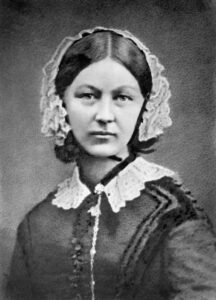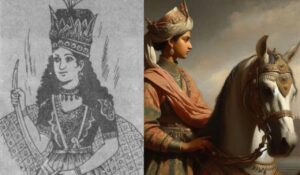Unsung Women Warriors: Defying Society, British Rule

Women like Helen Lepcha and Matangini Hazra displayed remarkable courage and commitment in the fight for Indian independence. Yet, their stories have been overshadowed by history’s margins. The history of India’s struggle for independence is evolving, moving beyond dominant narratives to recognize diverse voices. The contributions of Rani Rashmoni, Putalimaya Devi Poddar, Helen Lepcha, and Matangini Hazra exemplify the challenges these women faced while fighting for gender equality and liberation.
Rani Rashmoni: A Trailblazing Reformer
Rani Rashmoni, known as the princess of Kolkata, hailed from a fishing family in Bengal. Her compassion for marginalized groups earned her the title ‘Karunamoyee Rani Rashmoni.’ She established the Dakshineswar Kali temple and actively participated in social reform, advocating against practices like polygamy and Sati. Despite societal norms, she managed her business and raised her children after her husband’s death.
Putalimaya Devi Poddar: Empowering Through Education
Putalimaya Devi Poddar, born in Kurseong, dedicated her life to uplifting the marginalized. She established schools and women’s organizations to promote education and patriotism. Her activism against British rule led to her arrest, but her work continued until her death.
Helen Lepcha: Gandhian Activist and Leader
Helen Lepcha, based in Sikkim, lived a simple life based on Gandhian principles. She aided Subhas Chandra Bose’s escape and actively participated in the Quit India Movement. Rechristened as Savitri Devi by Gandhi, she led Congress activities in Bihar and Uttar Pradesh.
Matangini Hazra: The Unyielding Freedom Fighter
Matangini Hazra, known as ‘Gandhi Buri,’ participated in Civil Disobedience and Quit India Movements. Shot by police during a protest, she sang ‘Vande Mataram’ until collapsing. These women’s stories reveal their resilience and commitment, inspiring future generations.
Women’s absence from historical narratives is concerning, as it hinders understanding past achievements and possibilities for the future. Recognizing these unsung heroes is crucial for inspiring aspiring women and acknowledging their significant role in India’s struggle for independence.
Re-reported from the article originally published in The Print









